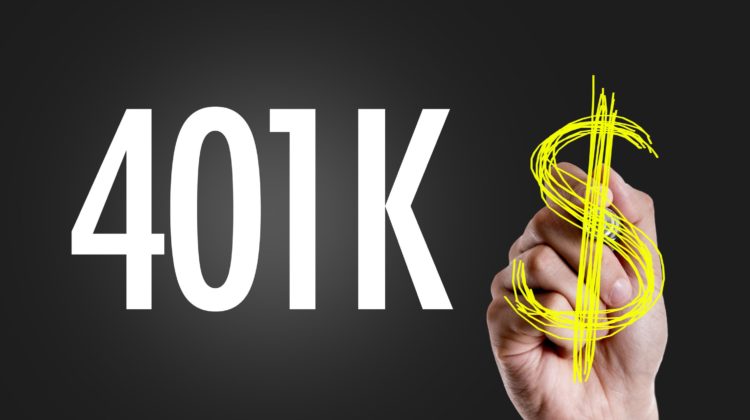
Not everyone who works has access to a 401(k) plan, but if you do, you have a prime opportunity to grow wealth for retirement. In fact, you’ll often hear that maxing out a 401(k) is a smart idea — but whether it’s feasible is a different story. For 2020, 401(k) contributions max out at $19,500 for workers under 50, and $26,000 for those 50 and over. These limits will also remain in effect for 2021.
IRAs, by contrast, are easier to max out because their contribution limits are lower. For both 2020 and 2021, these accounts top out at $6,000 for workers under 50, and $7,000 for those who are 50 or older. But while maxing out a 401(k) may seem like an impossible ask, if you do so for a limited period of time — say, just 10 years — it could leave you with enough money to retire comfortably with.
Image source: Getty Images.
What can 10 years of 401(k) savings do for you?
Let’s be clear: If you’re a lower or even a moderate earner, you may not manage to max out your 401(k). But if you earn a healthy income, dedicating 10 years of your career to maxing out that plan could set you up for life.
Imagine you’re 30 years old and you max out at your 401(k) for 10 years at the current $19,500 limit. Let’s also imagine you invest your 401(k) heavily in stocks so that your plan generates an average annual 7% return — that’s a few percentage points below the stock market’s average. Finally, let’s assume your goal is to retire at age 67, which, based on your age, is full retirement age for Social Security purposes. At the end of the day, that 10-year effort will result in an astounding $1.67 million.
How is that possible? It’s simple: Even though you’re only putting a total of $195,000 into your 401(k), you’re also capitalizing on investment growth for many years. In fact, if you max out your contributions for 10 years starting at age 30 at a 7% return, you’ll have $269,423 by age 40. But if you then contribute nothing more and let that $269,423 earn a 7% return for 27 more years, it will grow to $1.67 million.
It’s for this reason that pushing yourself to max out your 401(k) for a limited period of time relatively early in life is so important. If you’re willing to make that sacrifice, you may then buy yourself the option to sit back, stop contributing to your retirement savings, and let the money that’s already in your account go to work.
Of course, if you’re able to max out your 401(k) for 10 years and then continue contributing to it, that’s even better — and you’ll also reap some potential tax savings year after year by going this route. But even if you limit your contributions to a single decade-long period, if you manage to max out, you could easily set yourself up for a comfortable, carefree retirement. And that way, you’ll get to enjoy the latter part of your career without having to stress over how much money you’re putting into your retirement plan.
